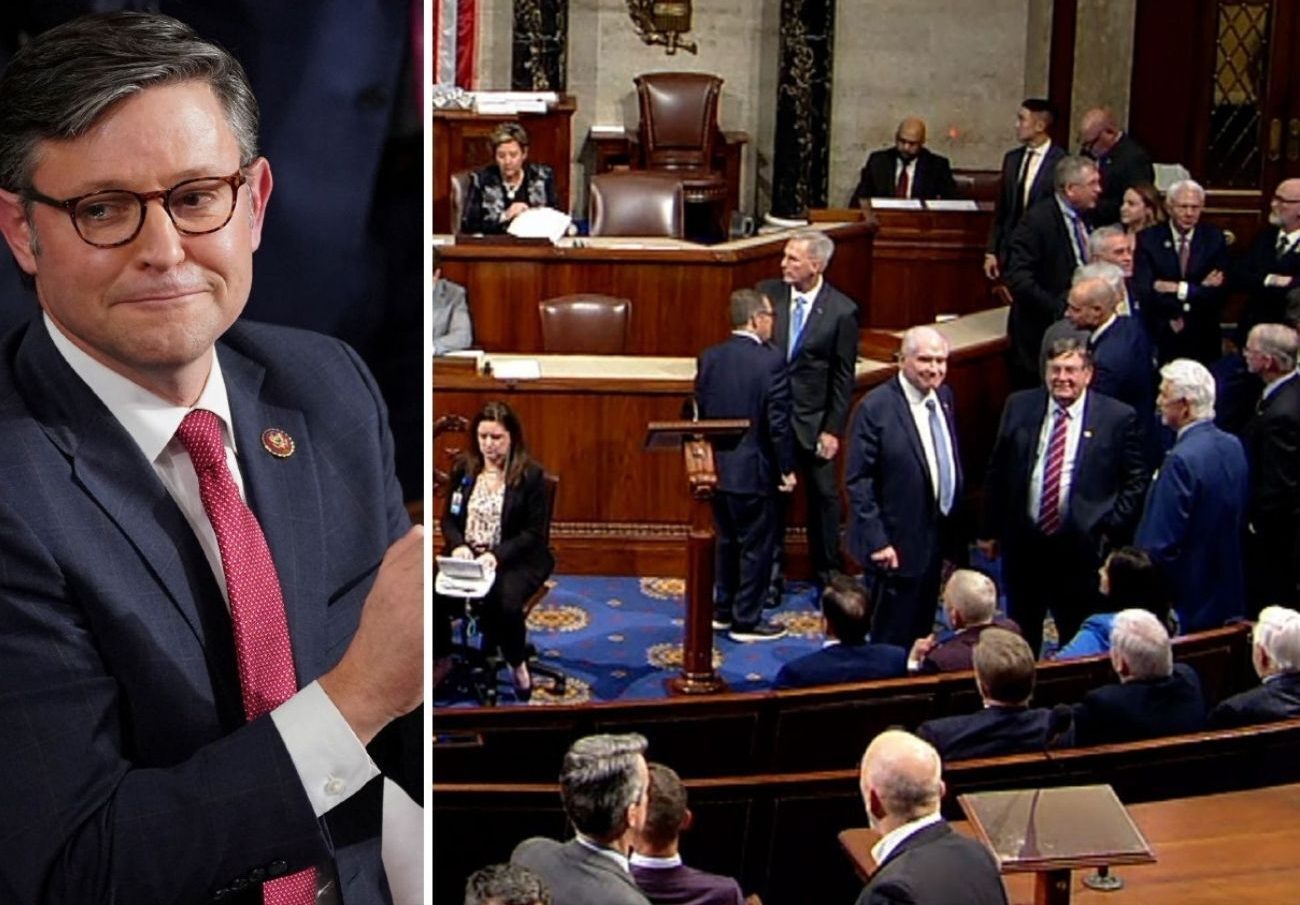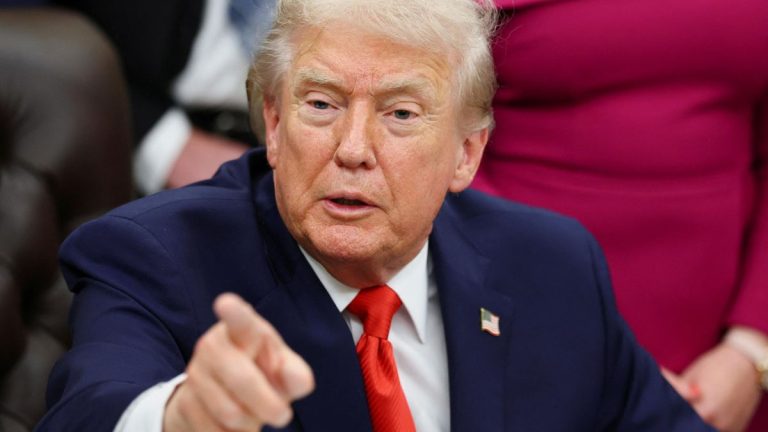WASHINGTON, D.C. — The House of Representatives has approved a bill that would limit a president’s authority to block domestic oil and gas drilling without congressional approval — a move that lawmakers say could reshape how future administrations handle U.S. energy policy.
The legislation, known as the Protecting American Energy Production Act, passed on a 226–188 vote in the Republican-controlled chamber. Every Republican supported the measure, while most Democrats opposed it. The bill now heads to the Senate, where its prospects remain uncertain.
Supporters describe the measure as a safeguard for American energy independence, while critics warn that it could restrict the government’s ability to respond to environmental and climate-related concerns. The debate underscores a widening policy divide over how much control the federal government should have over the nation’s energy production.
A New Limit on Executive Energy Powers
The bill’s core provision bars any president from imposing a moratorium on hydraulic fracturing, commonly known as fracking, unless Congress explicitly authorizes it. Lawmakers backing the bill argue it will prevent abrupt policy reversals that can disrupt the energy sector and the millions of jobs it supports.
“Energy is the foundation of the American economy,” said Rep. August Pfluger of Texas, who introduced the measure. “My legislation ensures that no president can unilaterally shut down domestic production in the name of politics. This is about reliability, security, and keeping energy affordable for American families.”
Fracking — the process of extracting oil and gas from rock formations deep underground — has been a point of contention for more than a decade. It has helped the United States become the world’s leading energy producer but also sparked environmental concerns about groundwater contamination, methane emissions, and long-term ecological impacts.
The bill was introduced after former President Joe Biden, during his final weeks in office, announced new restrictions on drilling across 625 million acres of coastal and offshore waters. That decision, praised by environmental advocates, aimed to reduce the nation’s reliance on fossil fuels and promote renewable energy development.
Republicans called those measures “executive overreach,” and Pfluger’s bill was drafted in direct response.
Trump Administration Backs Domestic Production
President Donald Trump, who has repeatedly emphasized his “drill, baby, drill” approach to energy policy, praised the legislation as a vital step toward maintaining what he has described as America’s “energy dominance.”
Since taking office, Trump has rolled back a number of regulatory measures enacted under the Biden administration, citing a need to “remove bureaucratic obstacles” and stimulate job growth across the oil and gas industry.
Energy Secretary Doug Burgum announced that his department has initiated internal reviews to identify federal rules that “burden energy development,” including lease moratoriums and emissions restrictions imposed in prior years. Burgum said the administration’s goal is to ensure “regulatory consistency” and remove what he called “coercive” climate mandates that hinder production.
“Energy security is national security,” Burgum said during a briefing. “This administration is committed to expanding domestic energy output, strengthening our economy, and reducing dependence on foreign imports.”
The White House has not yet issued a formal statement on the House vote but is expected to support the measure as part of its broader energy agenda.
A Divided House — and a Broader Policy Clash
While the bill easily cleared the House, it drew sharp criticism from Democratic lawmakers who argue that Congress should not tie the executive branch’s hands in addressing urgent environmental concerns.
“This is a short-sighted bill that prioritizes corporate profits over climate responsibility,” said Rep. Kathy Castor of Florida. “Presidents must retain the authority to act swiftly when environmental or public health risks arise. Handcuffing future administrations could make it harder to respond to emerging energy challenges.”
Democrats also pointed to international commitments on carbon reduction, warning that limiting executive action could undermine U.S. credibility on climate leadership. Republicans countered that the country’s economic stability depends on affordable energy and that the bill simply reinforces the principle of congressional oversight.
The measure reflects a larger partisan battle over the direction of U.S. energy policy — a fight that has intensified since President Trump’s return to office. Republicans have largely pushed for expanded drilling, streamlined permits, and infrastructure projects such as pipelines and export terminals. Democrats have advocated for renewable investment and emissions cuts to meet long-term climate goals.
Political analysts say the legislation, while symbolic in the short term, could have lasting implications if enacted. It would make it significantly harder for future presidents to impose restrictions on oil and gas operations without first securing congressional backing — a high bar given the current polarization in Washington.
Energy, Economy, and the Shutdown Debate
The vote came amid ongoing tensions on Capitol Hill over the government shutdown, now stretching past its fourth week. Speaker Mike Johnson said Democrats bear responsibility for the impasse and accused Senate leaders of refusing to approve budget proposals aimed at reopening agencies.
“Day 27 means it’s almost been a full month since the Democrats shut down the government,” Johnson said in remarks to reporters. “Millions of hardworking Americans are feeling the pain. Federal workers are missing paychecks, and families are being stretched to the limit.”
Johnson added that the Trump administration has been “doing everything possible” to reallocate funds to essential operations, including airport security, border protection, and military readiness.
“It’s getting more challenging each day,” he said. “Every Republican wants to end this. We’ve voted multiple times to keep the government open, but the Senate needs to act. This is simple math — we need their cooperation.”
Johnson also alleged that Democratic proposals include provisions he described as “unacceptable,” including expanded benefits for noncitizens and cuts to rural hospitals. Democrats have rejected that characterization, saying their budget framework aims to preserve vital services while addressing long-term fiscal gaps.
Economic Stakes and Industry Response
The energy industry has largely welcomed the House vote, calling it a sign of stability for future investment. Trade groups representing oil and gas producers said the measure sends a “strong signal” that the United States intends to maintain its production leadership.
“Predictability matters to our members,” said a spokesperson for the American Petroleum Institute. “The ability to plan long-term projects without fear of sudden policy reversals is critical for sustaining jobs and economic growth.”
Environmental organizations, however, have voiced alarm. The Sierra Club issued a statement saying the bill “puts polluters ahead of public health” and “ties the government’s hands at a time when urgent climate action is needed.”
Policy experts note that even if the bill clears the Senate, its implementation would likely face legal challenges testing the scope of presidential powers under existing environmental and energy statutes.
What Comes Next
The Senate is expected to take up the measure in the coming weeks, though its fate is uncertain. Lawmakers close to the negotiations say it will face tougher scrutiny in the upper chamber, where Democrats hold narrow control.
If the bill reaches the president’s desk, it would represent one of the most significant statutory checks on executive authority in decades, redefining how U.S. administrations balance environmental policy with economic priorities.
For now, the House vote signals a broader intent by congressional Republicans to assert greater influence over national energy direction — a move that could shape domestic policy for years to come.

James Jenkins is a celebrated Pulitzer Prize-winning author whose work has reshaped the way readers think about social justice and human rights in America. Raised in Atlanta, Georgia, James grew up in a community that instilled in him both resilience and a strong sense of responsibility toward others. After studying political science and creative writing at Howard University, he worked as a journalist covering civil rights issues before dedicating himself fully to fiction. His novels are known for their sharp, empathetic portraits of marginalized communities and for weaving personal stories with broader political realities. Jenkins’s breakout novel, Shadows of Freedom, won national acclaim for its unflinching look at systemic inequality, while his more recent works explore themes of identity, resilience, and the fight for dignity in the face of oppression. Beyond his novels, James is an active public speaker, lecturing at universities and participating in nonprofit initiatives that support literacy and community empowerment. He believes that storytelling is a way to preserve history and inspire change. When not writing, James enjoys jazz music, mentoring young writers, and traveling with his family to explore cultures and stories around the world.









